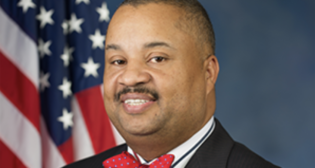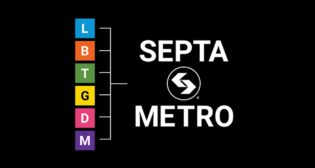
Responsibility. Now there
Written by William C. Vantuono, Editor-in-ChiefSomewhere along the line most of us were advised to brush regularly, floss, avoid too many sweets, etc. Whether we heeded that advice was, and is, our choice, and the consequences of not doing so are ours as well.
Managing money, similarly, is a matter of personal responsibility, and one that is occasionally painful. It's not a perfect analogy but the point about responsibility is at the crux of the debate over a rule proposed in May by the Federal Reserve Board and the Office of Thrift Supervision covering "Unfair and Deceptive Acts or Practices" involving overdraft protection fees. The proposal, which also covered credit card practices, drew tens of thousands of responses, many facilitated by consumer groups, most relating to card practices.
In many ways, however, the overdraft protection proposal would have more of an impact on the banking industry. As a consequence, ABA filed a 25-page comment letter July 30 that focused on the overdraft proposals, separate from its response to the card proposals. In unusually strong language, the association called for withdrawal of the overdraft proposal.
Briefly, the proposal would provide the right of customers to opt-out of having all overdrafts paid; allow customers to have some overdrafts paid and others not (partial opt-out); prohibit charges caused by holds on customer accounts, and impose several new disclosure requirements. (Read ABA's comments at ababj.com-click on "More" and then "ODP comment letter.")
The focus of the proposal is not really check overdrafts, but those caused by debit transactions, and by the temporary holds put on accounts. (ABA argues that private-sector fixes have already largely addressed the hold issue.)
Overdraft protection is a boon for many who aren't as careful as they should be, or make a mistake. For the same price as a bounced check in many cases, the bank covers the shortfall. Here's a sample dialogue:
Customer: "So, if I overdraw, you'll pay the item anyway, subject to certain conditions, for $25, but if I ‘opt out' of this program, you'll bounce the check or reject the payment. I'll be embarrassed, and you'll still charge me $25. And the merchant may hit me with a fee, too, right?"
Banker: "We don't guarantee we'll cover all overdrafts, but otherwise, yes, that's it."
No wonder the service is so popular.
It's true people have been charged for multiple small-dollar debit-card transactions once their accounts went into overdraft, with fees far exceeding the purchases. That would really steam us, too-like renting a movie and paying more than the price of a new DVD in late fees. Part of the reason these things are so annoying is because they were totally unnecessary.
We all know that keeping track of debit and ATM receipts, and preauthorized payments takes discipline and effort. But it's hardly impossible. And if we're not up to it, we should keep a cushion in the account, or link checking to savings, or sign up for a line of credit, or pay an overdraft fee to avoid getting turned down. There are plenty of options.
As for things like "partial opt-out," banks are developing systems and partnerships needed to offer such enhanced services. Market innovation, not regulatory fiat, should be the driver.
What would be unfair is if this popular service were eliminated because of onerous, unnecessary rules.



